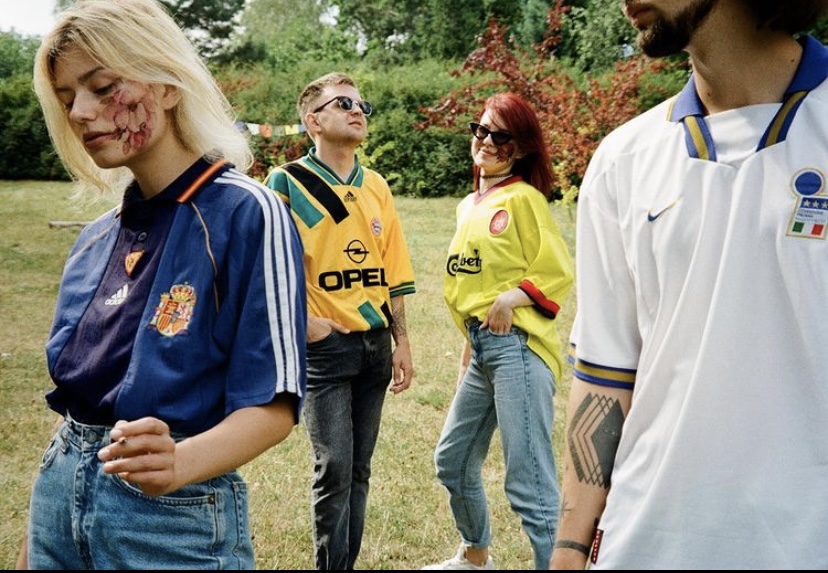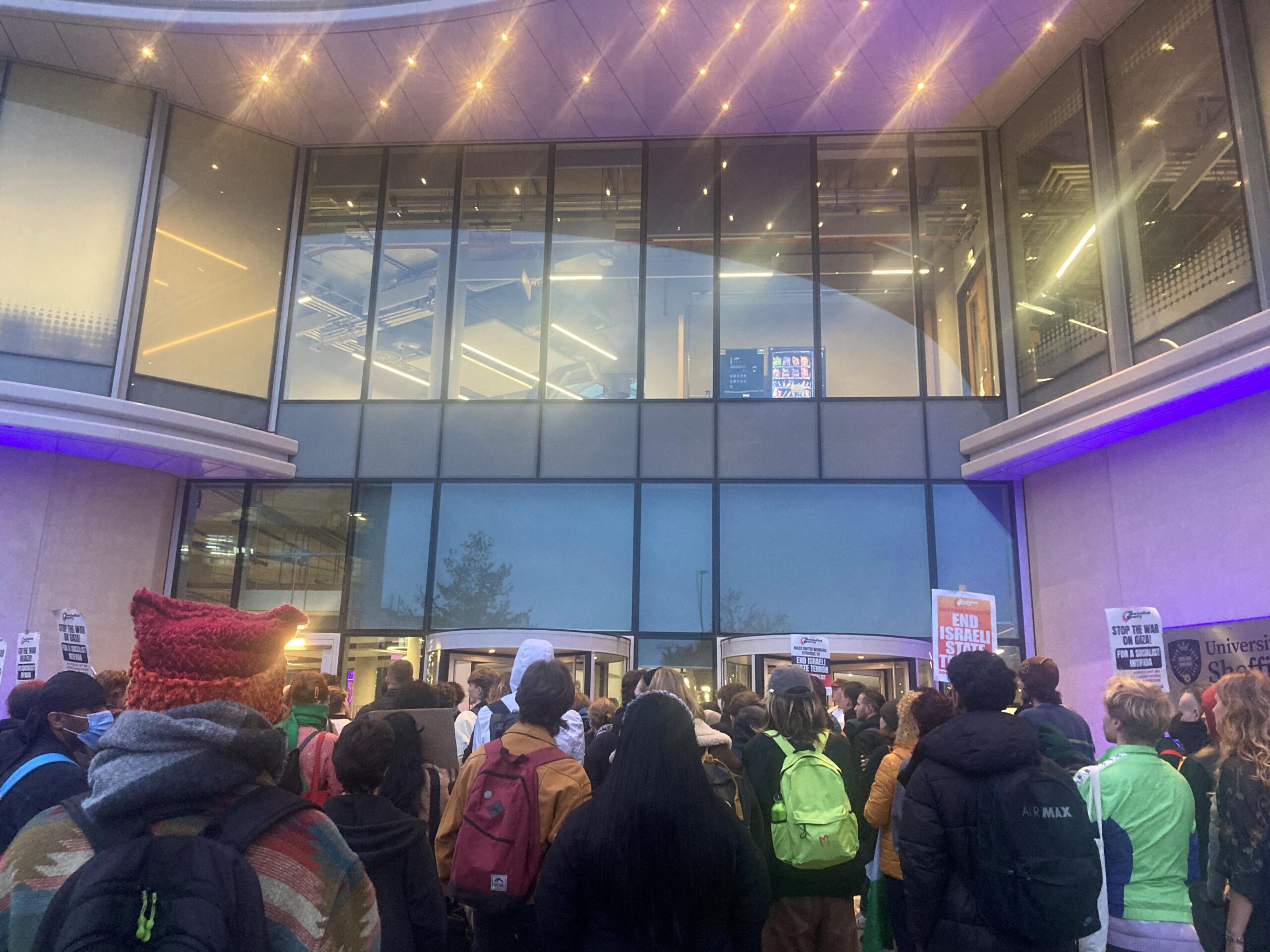Credit- Stunner Kits
A year-long pandemic has done wonders for the vintage football shirt market- why are fans turning to shirts while the doors of their grounds remain closed?
“Football is the most important of the unimportant things in life.”
As COVID-19 emerged, all else seemed to pale into insignificance, and Arrigo Sacchi’s remark became increasingly prophetic. After all, how could anyone concern themselves with football in the face of a killer virus and rising death tolls?
Football was unceremoniously relegated to the league of “unimportant things”, but there were those who refused to accept that result. This sport is the foundation upon which so many build their lives, a social and emotional outlet for millions across the globe. Indeed, the results of a ThinkPublic survey, which found that 28.5% of football fans said being unable to attend matches had impacted their mental health, were unsurprising.
Amidst all the grief and suffering, fans were also mourning the lost connection with both their team and fellow supporters. Becca Johnson said the absence of her weekly trips to the Stadium of Light was felt keenly.
“It has been difficult not being able to go and watch football when it’s such a big part of your life. The whole matchday experience, getting up, sticking your club’s shirt and scarf on, the walk up to the ground, meeting the familiar faces along the way, I think a lot of people have missed that social experience.”
For Mimo Gabarrìa, matches are almost religious ceremonies, with fans taking part in a collective pilgrimage to their place of worship.
“The occasion of match day is a sacred experience for many and we have missed being able attend in our masses. The allure of chanting in the pub, walking to the stadium and moving through the creaking turnstiles is sorely missed.”
Just as this void was created in the lives of football fans, searches for vintage football shirts exploded. The peak was the glorious summer of 2018, when England charged to the World Cup semi-finals and the country desperately sought 90’s shirts to adorn themselves with.
However, between March 7 and May 16 in 2020, searches rose from being 87% lower than this peak to just 3% below. Despite the suspension of the sport altogether, fans were almost as eager for shirts during this national crisis as they were amidst the national footballing fervour of 2018.

Credit- Stunner Kits
Serge Scherbina runs Stunner Kits, a retro football shirt shop, with his girlfriend Polly. He said this sudden surge in popularity could be attributed to fans attempting to find alternatives to the match day experience.
“Football in the UK is a way of living- it isn’t just something that you do for fun. I would agree that it is definitely something that can temporarily replace those emotions from coming to the ground, supporting your team and connecting with other fans.”
For Ryan Plant, his collection of shirts has begun to represent a time when stands were full, before atmosphere and spectacle were replaced with a sanitised version of the sport.
“It’s no coincidence that the shirts I’ve found myself buying have been older, which, even if they’re only from last season, are associated with times when fans could be at the ground and the sport was very different.”
Josh Warwick, a co-owner of Cult Kits, believed that nostalgia was a driving force behind the growth of this market, with many looking to remind themselves of the halcyon days of their footballing youth.
“People are missing football, they have got more time on their hands, so even just browsing our site is a nice nostalgic thing to do.
“Often your favourite era of shirts, a bit like music, is from when you were growing up and you first started to fall in love with football. Looking at or buying these shirts allows you to remind yourself of being a kid, discovering football and nothing else really mattering.”

Credit- @thatfootballphotog for Cult Kits
Such childhood reminiscence also lends itself to reflection on family. For Paul Van Dijk and Martin Albert, football shirts are intertwined with memories of their fathers.
Paul has used the past 12 months as an opportunity to invest in the shirts that were so important to him in his youth. The most treasured item in his collection, however, is the Feyenoord away kit from 1998/99. This was the first shirt from his beloved club bought for him by his dad- a reminder of that connection between father and son borne out of a mutual passion for Rotterdam’s finest.
Martin found that looking through the older shirts in his collection allowed him to reminisce about games and grounds visited with his father, who passed away several years ago. In this way, shirts become more than pieces of polyester. A collection turns into a memory bank, with each shirt unlocking another recollection of the relationship between family and football.
This nostalgia extends beyond just fond memories of growing up. Rather, Serge believes that fans are becoming increasingly invested in vintage shirts as they are visual reminders of footballing authenticity, before the sport became trapped in corporate clutches.

Credit- Stunner Kits
Serge said: “Nostalgia is the engine of our business, especially when it is obvious that football is not what it used to be two decades ago.
“It is too monetised these days- back then it was rich with personas, personalities and character, so these shirts bring out good memories.
“We want to carry the message that football is not what it used to be. If you want to remind yourself of what it used to be, and what it still can become again, you can come by and talk with us, look through our shirts and relive the glory days.”
Of course, football shirts cannot indefinitely satisfy the fans’ hunger for the return of the sport, nor can they turn back the clock to the game’s past. Even so, their ability to evoke a powerful nostalgia- be it for one’s youth, a golden footballing era, or simply being able to attend matches- makes them invaluable to the fans waiting for victory against the pandemic.




